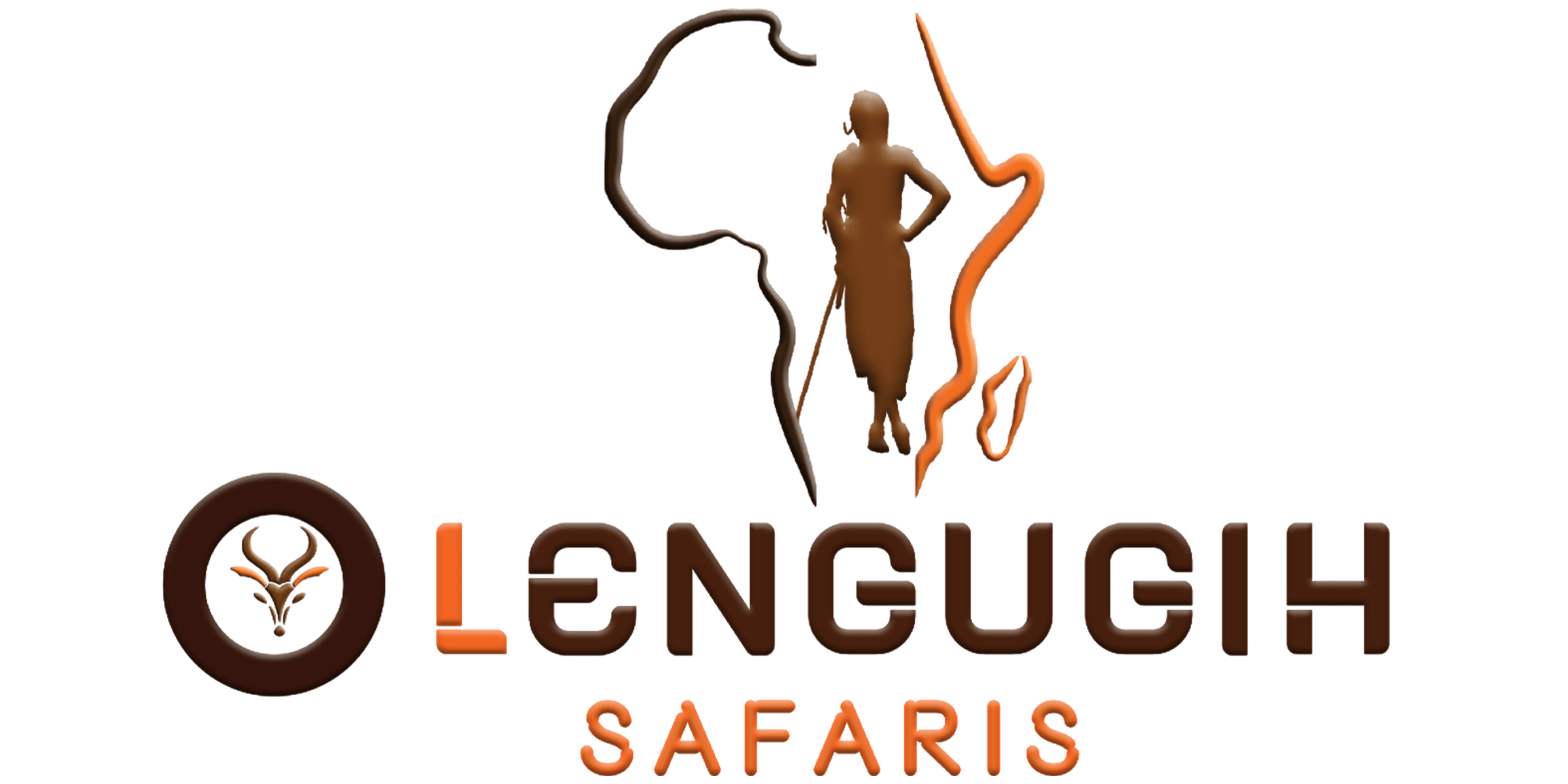Exploring Kimana Wildlife Sanctuary: A Hidden Gem in Kenya

Nestled in the heart of Kenya, amidst the rolling plains and acacia-dotted landscapes. There lies a hidden gem that nature enthusiasts and safari lovers simply must explore. Welcome to the captivating Kimana Wildlife Sanctuary. It was established in 1996 as a community-owned haven for wildlife and a prime example of conservation in action.
Discovering Kimana Wildlife Sanctuary
Location and Accessibility: Kimana Wildlife Sanctuary is conveniently located near the world-renowned Amboseli National Park. Just a stone’s throw away from the Tanzanian border. It’s easily accessible by road from Nairobi, making it a perfect addition to your Kenyan safari adventure.
Community-Driven Conservation: Its unique management model sets Kimana Wildlife Sanctuary apart. It is wholly owned and operated by the local Maasai community, demonstrating the power of community-driven conservation efforts. The sanctuary protected and preserved the local ecosystem, wildlife, and traditional Maasai culture.
A Safari Experience Like No Other
Abundant Wildlife: Despite its relatively small size, Kimana is home to a remarkable diversity of wildlife. Visitors can spot a wide range of species, including Burchells’ zebras, Masai giraffes, buffalos, impalas, Thompsons and Grant’s Gazelles, Warthogs, black Rhinos, Waterbucks, Dik-dik and more. Lions, Spotted hyenas, wildcats, Jackals, and Cracals represent the carnivores. You might even spot predators such as leopards and cheetahs. Baboons and Vervet Monkeys live in the scarce woodlands. Birdwatchers will be thrilled to find numerous avian species in the sanctuary.
Guided Safaris: Exploring Kimana Wildlife Sanctuary is best done with the help of experienced local guides. They will lead you on safari drives through the sanctuary. Sharing their knowledge of the area’s wildlife, plant life, and fascinating Maasai folklore.
Scenic Beauty: Kimana offers breathtaking views of Mount Kilimanjaro. The snow-capped peak of this iconic mountain provides an awe-inspiring backdrop to your safari adventures. It’s the perfect setting for those Instagram-worthy shots.
Engaging Activities
Community Interactions: One of the most unique aspects of visiting Kimana is the opportunity to engage with the local Maasai community. You can learn about their traditions, witness traditional dances, and even participate in beadwork. It’s an enriching cultural experience.
Nature Walks: For a closer look at the flora and fauna, nature walks in Kimana are highly recommended. You can explore the smaller wonders of the sanctuary, such as its diverse plant life and insect species.
Conservation at its Heart
Kimana Wildlife Sanctuary isn’t just a place for tourists to enjoy. It is a vital conservation effort that plays a significant role in preserving Kenya’s natural heritage. The Maasai community’s involvement protects the sanctuary’s wildlife and environment. While providing sustainable livelihoods for the local population.
Planning Your Visit
- Accommodation: While there are no lodges or camps within Kimana itself. You can find comfortable accommodations in nearby Amboseli National Park or in the town of Kimana.
Accommodation Options
- Tawi Lodge: Located within the sanctuary, Tawi Lodge offers luxury accommodation that blends seamlessly with the natural surroundings. With stunning views of Mount Kilimanjaro, it’s an ideal place to relax after a day of safari adventures.
- Kilima Camp: This eco-friendly camp is committed to sustainability and offers comfort and a close-to-nature experience. It’s a fantastic choice for visitors with spacious tents and impeccable service.
- Kimana Campsite: For those seeking a more budget-friendly option. Kimana Campsite provides basic facilities and a chance to connect with the great outdoors. It’s perfect for adventurers who want to be in the heart of the sanctuary.
- Kimana House: A beautiful self-catering 4-bedroom home set on the banks of the river. Surrounded by Yellow Fever trees. This secluded area of the Sanctuary is the perfect place for a relaxing holiday in the bush. Spend time with a book on the veranda with your binoculars, or head out for a game drive; you set the pace.
Park Entry Fees
- Entry Fees: Entry fees for the sanctuary are reasonable, and the proceeds go towards conservation and community development.
- Residents: The park entry fee for Kenyan residents is typically around KES 1,000 for adults and KES 500 for children. Prices may vary, so checking for the most up-to-date rates is advisable.
- Non-Residents: Visitors from other countries can expect a higher entrance fee. Generally, around USD 30 for adults and USD 20 for children. Again, these fees can change, so verifying current rates is recommended.
- Best Time to Visit: The dry season from June to September is ideal for wildlife viewing. As animals gather around water sources.
In Conclusion
Kimana Wildlife Sanctuary is more than just a safari destination. It is a testament to the harmony between nature, wildlife, and local communities. It is a place to witness conservation in action. Immerse yourself in Maasai culture, and enjoy unforgettable encounters with Africa’s incredible wildlife.
If you’re seeking a truly authentic and meaningful safari experience in Kenya. Make sure to include Kimana Wildlife Sanctuary on your itinerary. This hidden gem promises to leave you with lasting memories and a deep appreciation for the wonders of nature and the power of community-driven conservation.
